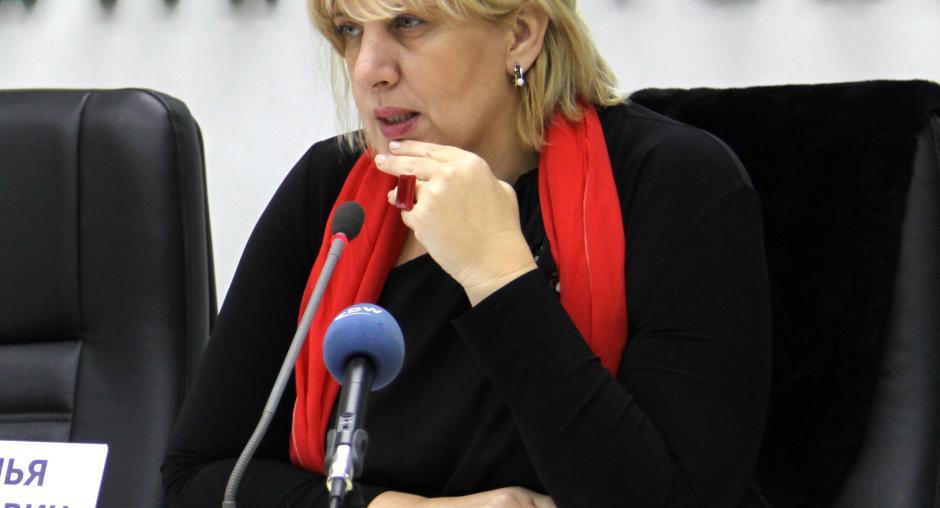OSCE media freedom representative appeals to President Lukashenko to stop repression of media in Belarus

VIENNA, 1 July 2011 – The OSCE Representative on Freedom of the Media, Dunja Mijatović, today asked President of Belarus Aleksandr Lukashenko to put an end to the unprecedented repression of media after the 19 December 2010 presidential election.
“I address you directly as the highest instance to mobilize the entire government to protect each and every media worker of Belarus from fear, harassment, legal and administrative persecution, imprisonment, violence, torture in detention facilities, and from closure of their media outlets. I believe that this lies entirely in your hands and I appeal to you to resolutely stop these practices,” said Mijatović in a letter to President Lukashenko.
“The violence that the state has instigated against numerous journalists whose public duty was to inform their fellow citizens of important political developments, has unfortunately resulted in a dangerous trend. Reports of police and plain-clothed security officer beating journalists, detaining them and damaging their equipment, are issued literally every day now.”
In her letter, Mijatović called on President Lukashenko to take several urgent measures:
- Immediately stop detentions, physical violence and pressure on all journalists, regardless of their nationality and affiliation;
- Drop all charges against all prosecuted journalists, including Andrzej Poczobut and Natalia Radina, as well as annul Irina Khalip’s sentence;
- Rescind the warnings against newspapers Narodnaya Volya and Nasha Niva and thus stop the trial to close them;
- Make a public call expressing your support for journalists regardless of political orientation and affiliation, and call on all law enforcement agencies and their staff to facilitate rather then prevent their reporting, and ensure their wide access to information.
Mijatović condemned the latest violent police actions against journalists on 29 June, during which at least 12 journalists were detained or attacked. They included reporters of the BBC's Russian service, Reuters, Interfax, Lithuanian and Latvian national radio stations BelaPAN, Nasha Niva and Belgazeta.
